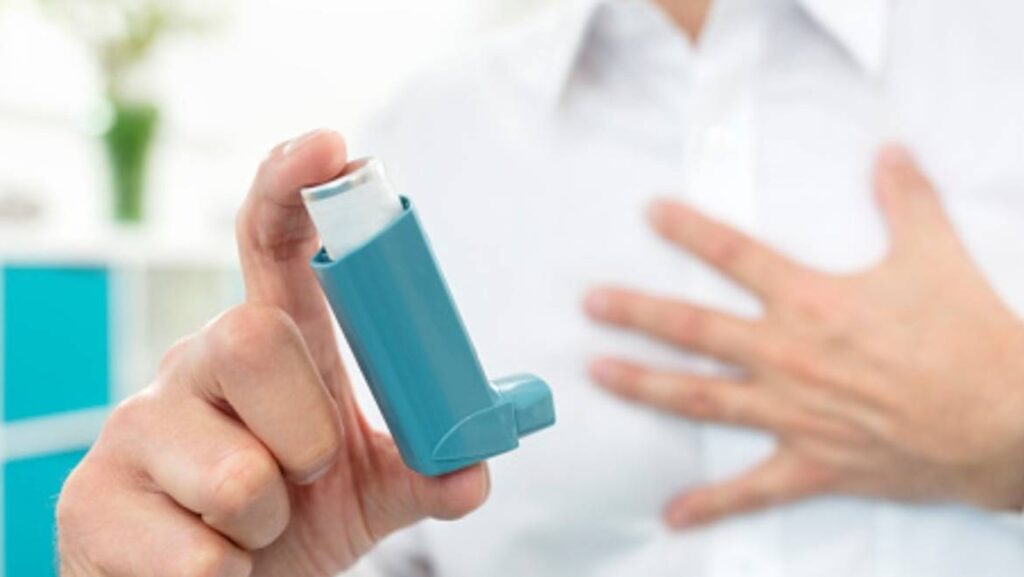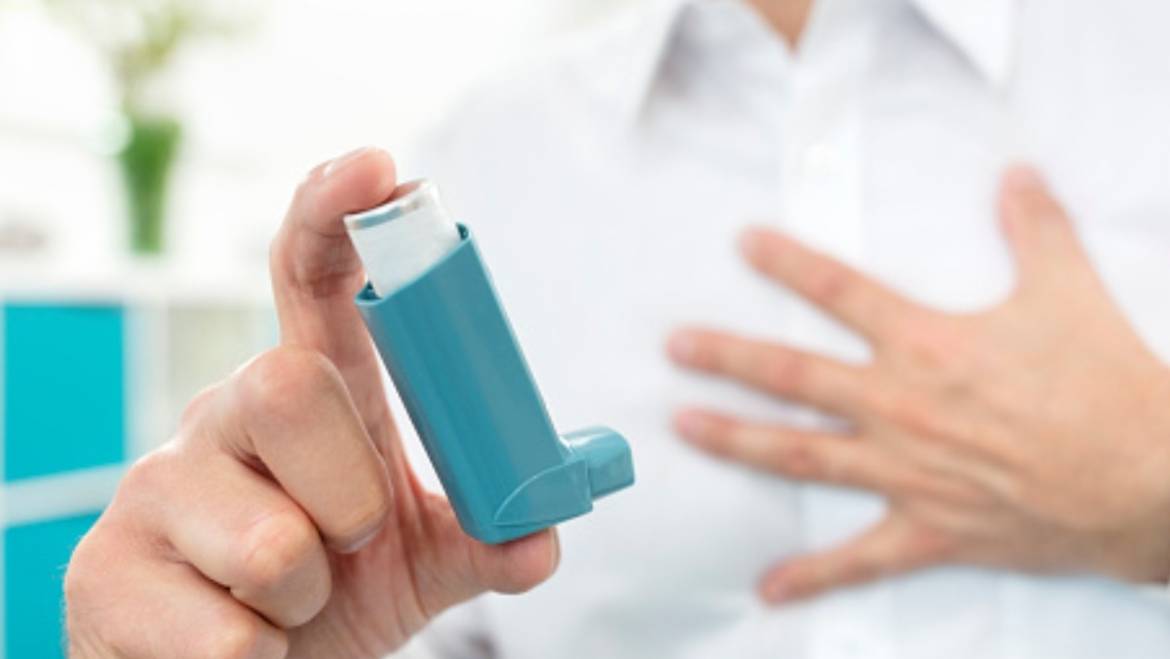
Steer clear of the sun, but if you must go outside, make sure you check the weather and prepare your asthma toolkit with all the required asthma medications.
People who already have mild asthma may find it difficult to cope with heat waves and humidity as the temperature rises, which exacerbates their breathing problems. During the summer, your body uses extra oxygen to try to cool itself, which puts additional strain on your lungs. You can control your asthma symptoms and enjoy even the hottest days of the year if you know how to manage them in such a scenario. Never leave the house without your asthma inhaler’s quick-relief medication. Get fantastic deals when you purchase inhalers online.

Triggers to be cautious about:
- Increased air pollution – Heat can intensify environmental factors such as pollen or pollution. Poor air quality can make asthmatics vulnerable to breathing problems and asthma episodes. Increased air pollution and high pollen counts are considered bad for the lungs.
- Humidity – Humidity may trigger asthma symptoms like coughing and breathing issues. Excessive heat and humidity provide an appropriate breeding ground for allergens like dust mites and molds.
- Weather changes – A sudden temperature rise can trigger asthma symptoms. A simple, refreshing cool breeze can also increase the chances of developing an asthma attack. Moreover, windy weather can cause discomfort to people who are already allergic to pollen, grass, or moulds.
Talk to an allergist who is an expert in dealing with allergic asthma. They can help you create an asthma management plan to ensure that changing temperatures won’t become a cause for concern.
1)Avoiding asthma triggers:
In the summer, avoid leaving damp garments outside for extended periods of time.
Wet clothes that are hung to dry may collect pollen. During the summer, when pollen counts are higher, use a dryer to dry your items instead.
2)The children’s treatment plan
Children with asthma can play hard even on hot summer days provided their asthma treatment plan is closely monitored. The coach needs to be cognizant of the child’s asthma, though. Both your child and the coach should be able to identify symptoms, know when to let them quit playing, and know when to use the recommended quick-relief inhalers. When purchasing an asthma inhaler, speak with a doctor to minimize breathing problems associated with asthma, such as coughing and wheezing.
3) Have a fast-acting inhaler on hand.
Whenever you go outside, carry your asthma inhaler medication with you. Keep it away from areas that are too hot, like your car, and out of direct sunshine. You should keep your inhaler medications cool and nearby. Take your controller pills on a regular basis, regardless of the weather; also, carry your fast reliever inhaler with you at all times. You never know when symptoms of asthma can appear, especially in hot weather. In an emergency, an online prescription for asthma is accessible, and to relieve symptoms, asthma inhalers can be purchased online or from the closest pharmacy.
4) When the weather is really cold, stay inside.
Overnight stays and trips away from home are part of summer vacations. But do not walking outside in the heat, but if you do, be sure to have a travel pack with all of your asthma prescriptions and other essentials. It is essential to minimize exposure to humid surroundings that can cause an asthma attack. Before visiting other locations, make sure you order all of your asthma medication online and have it delivered if you run out of the necessities.
5)Remain composed.
It’s crucial to keep cool since managing asthma during warm weather is crucial. You can play indoor games while lounging in the air conditioning. If you’re not inside, think about taking a cool swim. Either way, be sensible with the heat and maintain your composure.
6)Make a strategy of action.
An asthma action plan is helpful in a variety of ways. One is being able to recognize an asthma attack and knowing what to do when it happens. Having an asthma action plant is essential for safe asthma management, as it may be used throughout the year, including the summer.
7)Remain hydrated.
Although it may seem obvious, we can’t emphasize how crucial it is to stay hydrated and drink water, particularly in the summer when you’re outside and the sun is blazing down on you.
Don’t be taken aback by the weather changes. When you leave the house and begin your day, make sure you check the air quality index and pollen count to protect yourself from the heat. If the pollen count is high or the air quality is bad, you might want to limit your outdoor activities. These top-notch strategies will help you control your asthma and breathe comfortably throughout the summer, whether you’re dealing with heat waves that break thermometers or just a lovely, sunny day by the pool.





